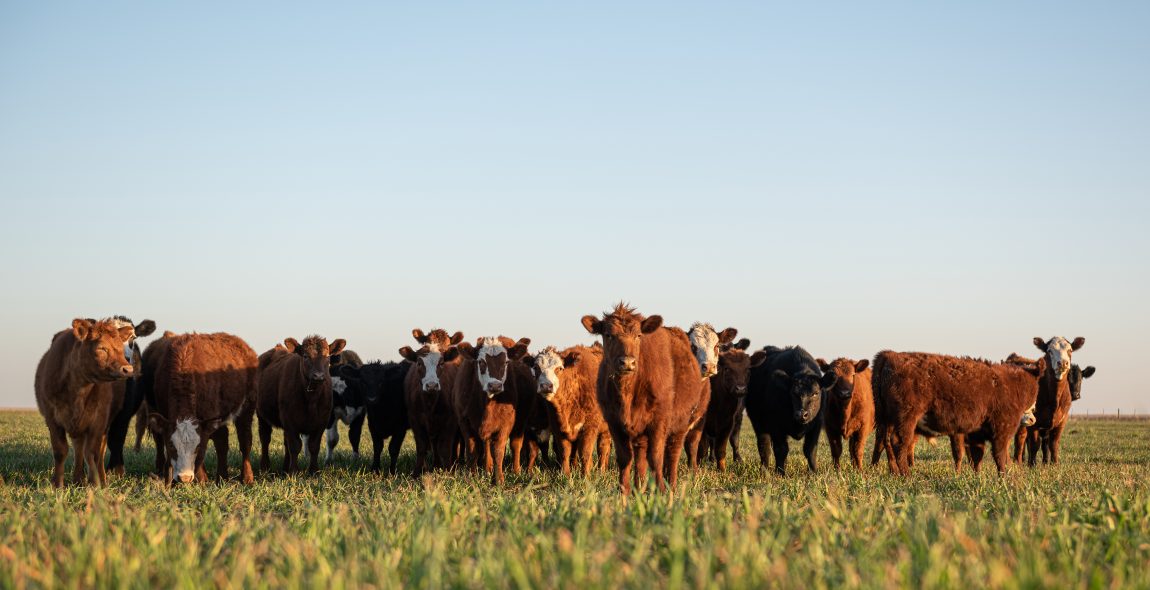Deep Read:
Six hot food and beverage topics that our clients are talking to us about right now.
Our take on what’s making waves and why...... →
For general enquiries please contact us on
+44 1223 248888
enquiries2025@innoviatech.com
St Andrew's House, St Andrew's Road
Cambridge CB4 1DL United Kingdom
FIND US
Done right, plant-based food can be a win for people and the planet. We discuss why it’s hard, and the best routes when going plant-based...
In this short insight, we’re summarising Dr Kate Oliver and Alex Massey’s recent conversation on plant-based formulations in the Food and Beverage sector. They’re both well placed for this conversation – Kate has a wealth of experience across the sector, and is working to become vegan full time, whilst Alex leads us on all things Food and Beverage and is known to be open to trying pretty much any kind of food at least once…
To see the full interview, please visit www.innoviatech.com/food.

Making food without animal products isn’t new – cultures around the world have been doing it for thousands of years. It’s becoming increasingly important that we recognise the impact of animal agriculture on the release of greenhouse gases. Reducing the consumption of animal-based products is one thing that we can do to have an impact on climate change quite quickly, and so for a consumer who wants to make a change, making a few plant-based switches can be quite tempting.
This increasing demand for plant-based options provides an opportunity for companies not only to solve an emerging consumer need and establish new sources of revenue, but also to help meet their sustainability goals.
Billions of years of evolution have gone into making up the molecular structure of the plants and animals that we eat, making them incredibly complex. Even the ways in which we shape them into things that we enjoy eating have taken thousands of years of human culture to develop. This makes foods very difficult to replicate using synthetic means.
Taking cheese as an example; we can change it in lots of different ways, such as by changing the acidity, adding enzymes, or culturing microorganisms in it to change the flavour. This allows us to produce cheeses as distinct as cheddar, stilton or ricotta. It is difficult to identify plant-based products that could be used to make a synthetic substitute that will have the same flavour, texture and melting properties. And then there’s the emotional factor to consider too – everything we eat is associated with memories, which are a huge driver in our decision making processes.
I would recommend a science-based approach. Break everything down. Characterise the properties of the food you are trying to recreate; resistance to bite, the size of the pieces, their texture, and their juiciness. Next, think about the flavour; how the food interacts with the anatomy of the mouth, and the emotional and psychological aspects too. Each of these will cross-over and affect each other. That why working holistically, bringing multiple disciplines together to work together, really should be involved in developing good plant-based food.
And of course, don’t forget to keep working closely with consumers throughout the process. If you keep iterating the product with them, you might find that some of the things you initially thought would be very important are perhaps not a big deal to the consumer.
If you want to know more about plant-based formulations, please get in touch or visit www.innoviatech.com/food.